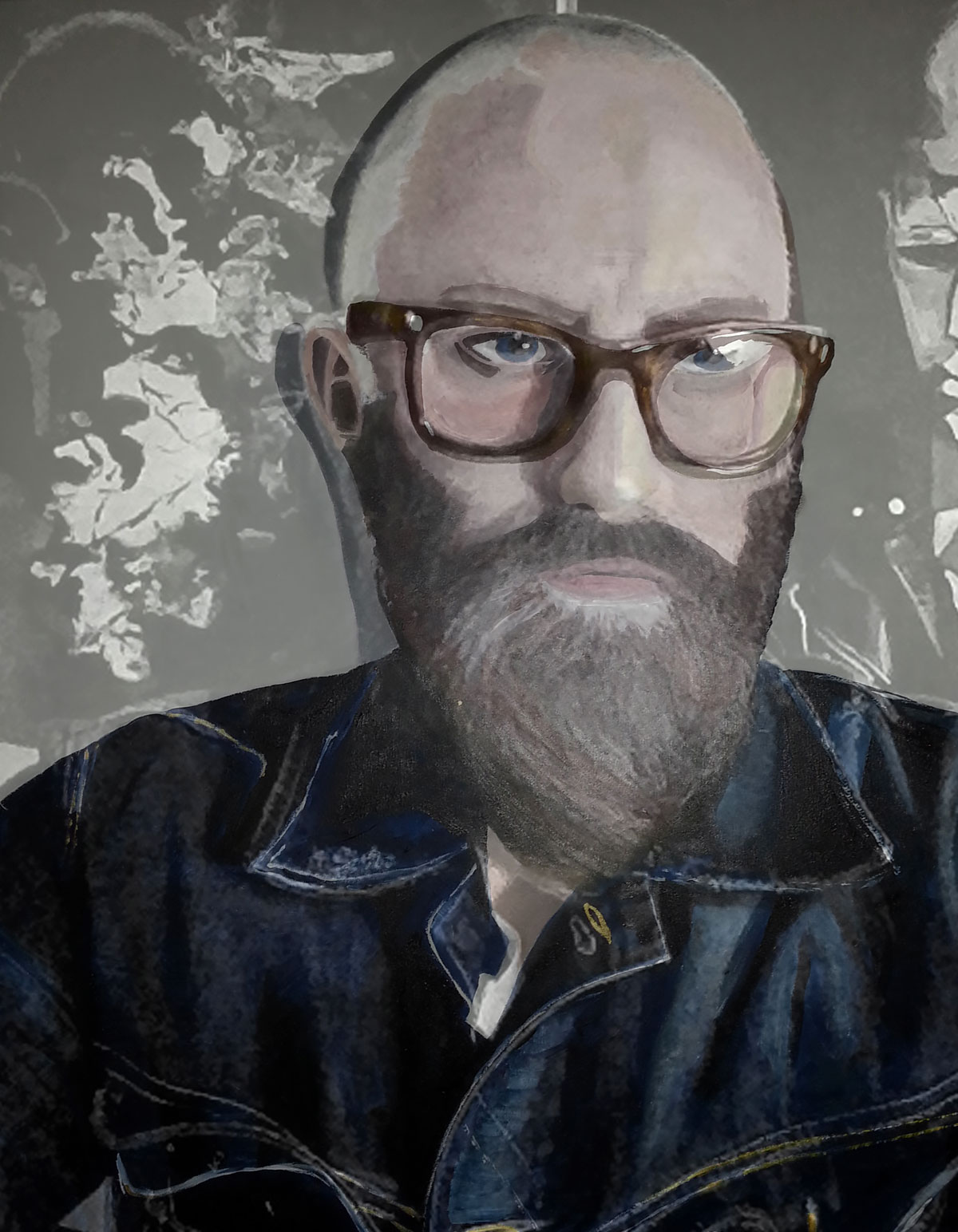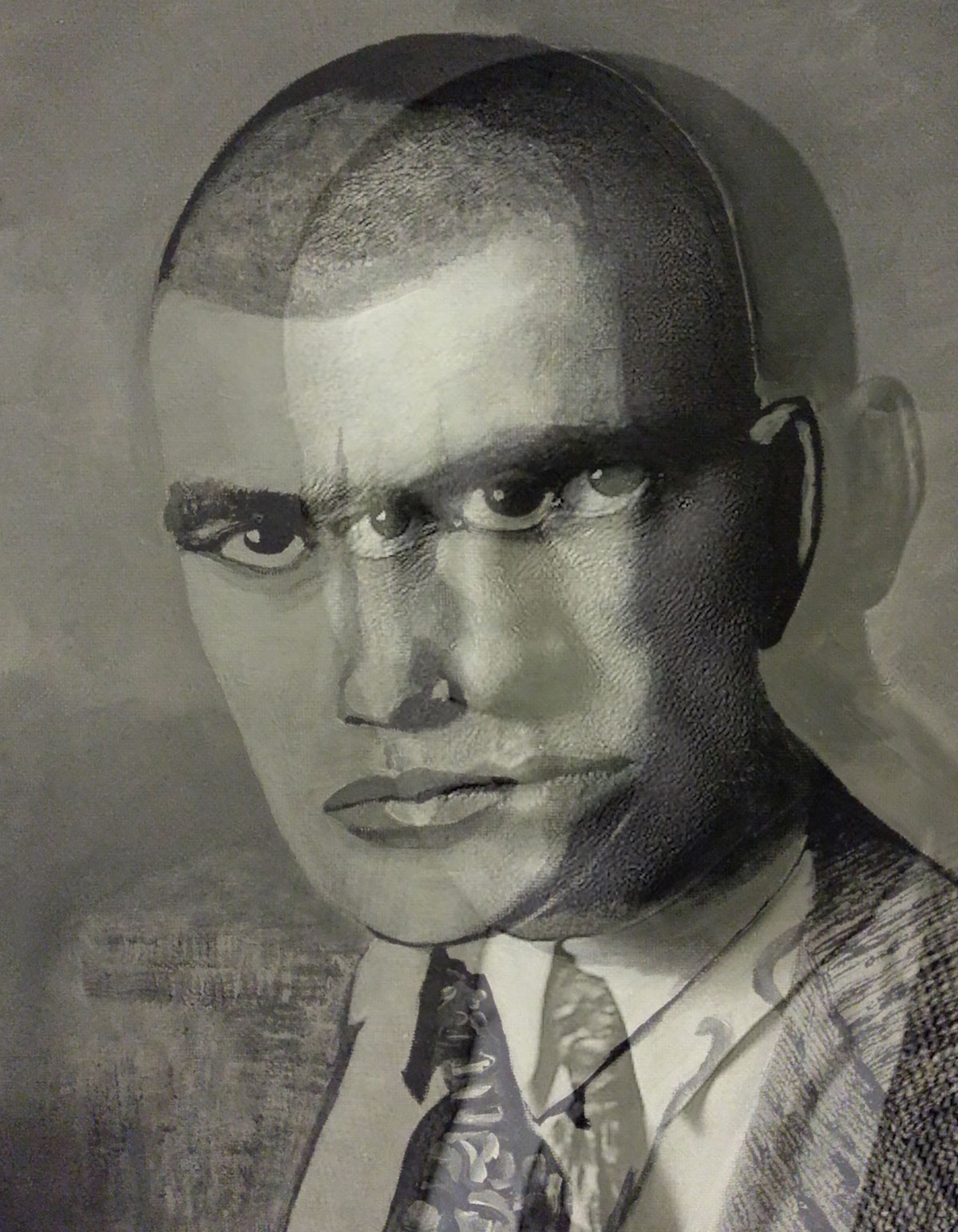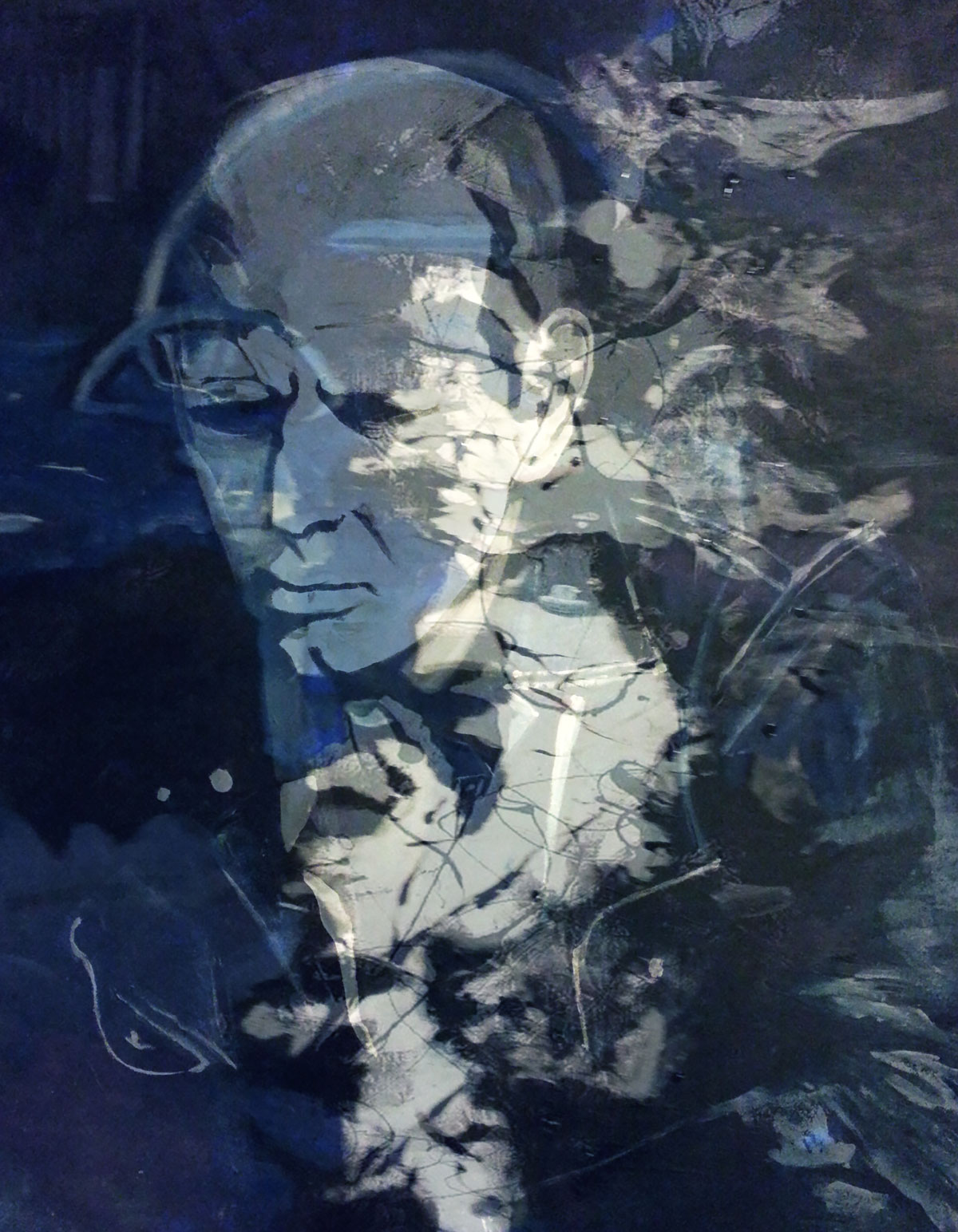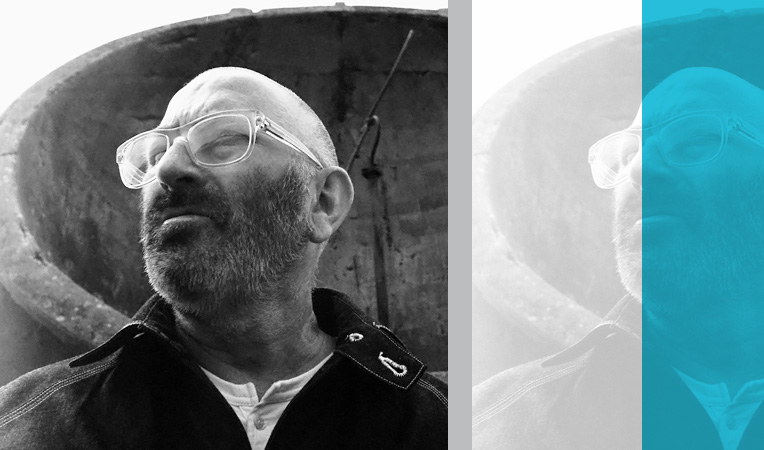
Adi Newton.
The Pataphysics of Sound and Time
PHOTO COURTESY OF GABRIEL EDVY
Sonic and Kinetic Engineer
Artist, Painter, Sonic & Kinetic Engineer, Konstructor, Konnectionist, Pataphysical Pantheist, Meontological Mycologist & Existentialist, Super-naturalist Traveler, Founder of Clockdva. Adi Newton began his life long involvement with sound via painting and through a theatre project which began his involvement with sound, he founded Clock DVA and TAGC/The Anti Group in 1978. Clock DVA is one of the pre-eminent pioneers of late ’70s/80’s experimental music alongside and in collaborative association with Throbbing Gristle and Cabaret Voltaire. As one of the founder members of The Future, which evolved into The Human League. Newton also Directs TAG/The Anti Group an independent multi-media research & development project active in many related areas. Strictly speaking, TAG is not a group, but a variable collection of individuals contributing under invitation and the directorship of Adi Newton.
Genre-breaking works include the ambisonic album “Digitaria” 1986 and Test Tones, a series of pioneering albums, produced in 1985/6 which have had a lasting impact on the development of extreme forms of electronic music. Newton has also been involved in numerous art museum presentations and performances, including the prestigious ARS Electronica Linz, The V&A Museum in London, and Art Futura Museo Nacional Centro De Arte Reina Sophia Madrid. He has recently returned to painting and intends to explore and develop his multi-discipline practice into the art and painting arena with sound and visual installations while still remaining very active within the DVA/TAGC projects. Throughout all these, Newton directs all projects as well as the multimedia production company ARMComm/Anterior Research Media Communications.
Sonography
Notable Electronic Works and Recordings
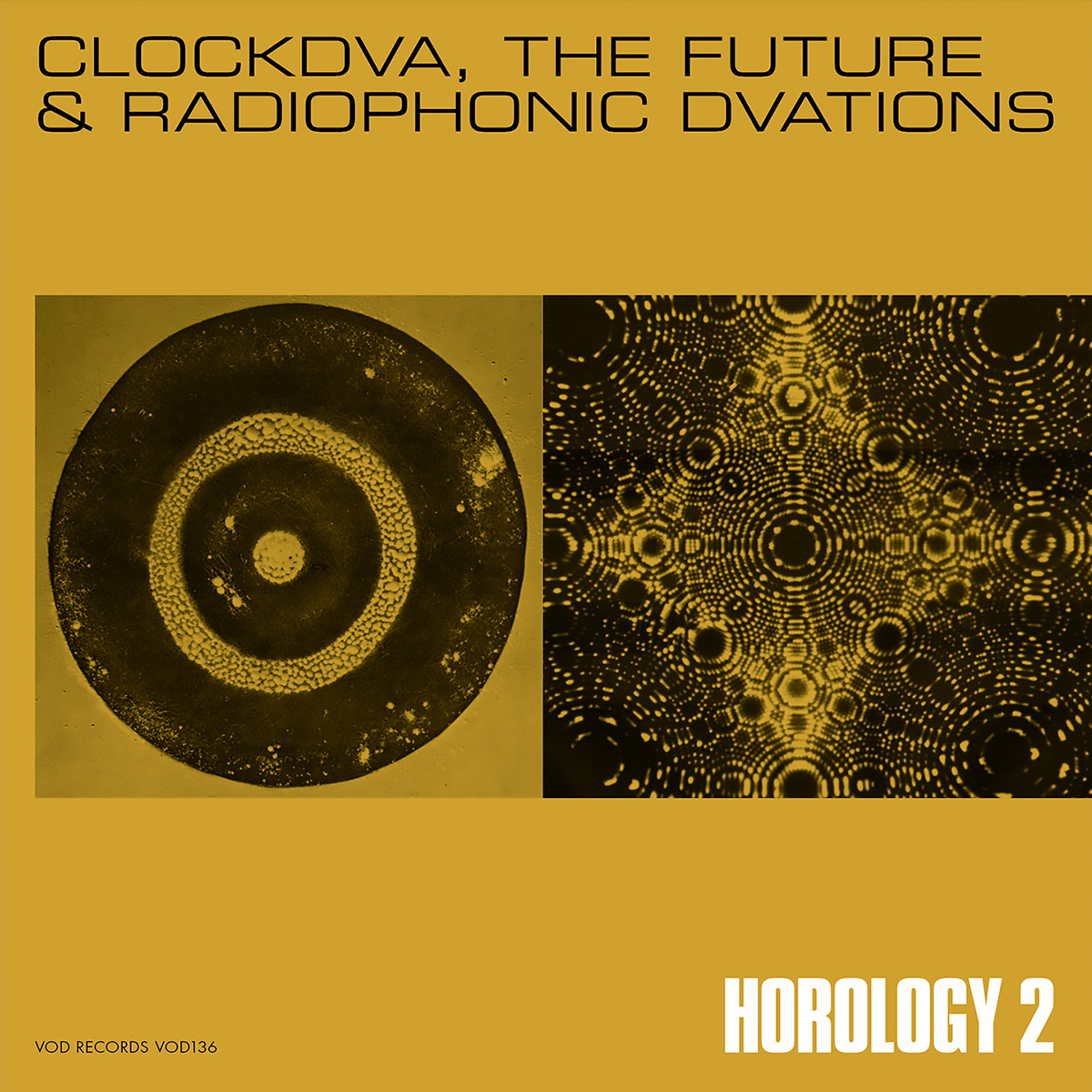
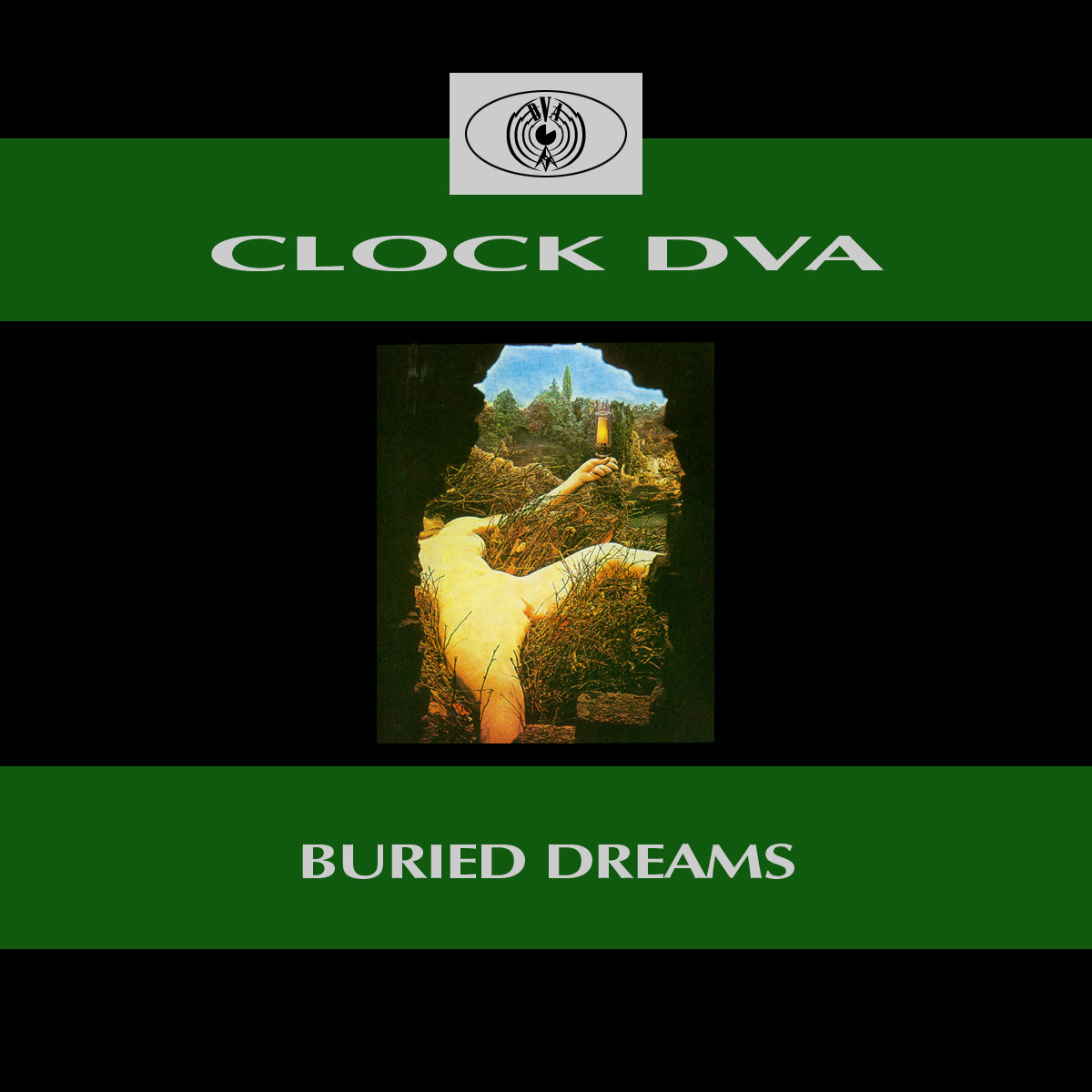
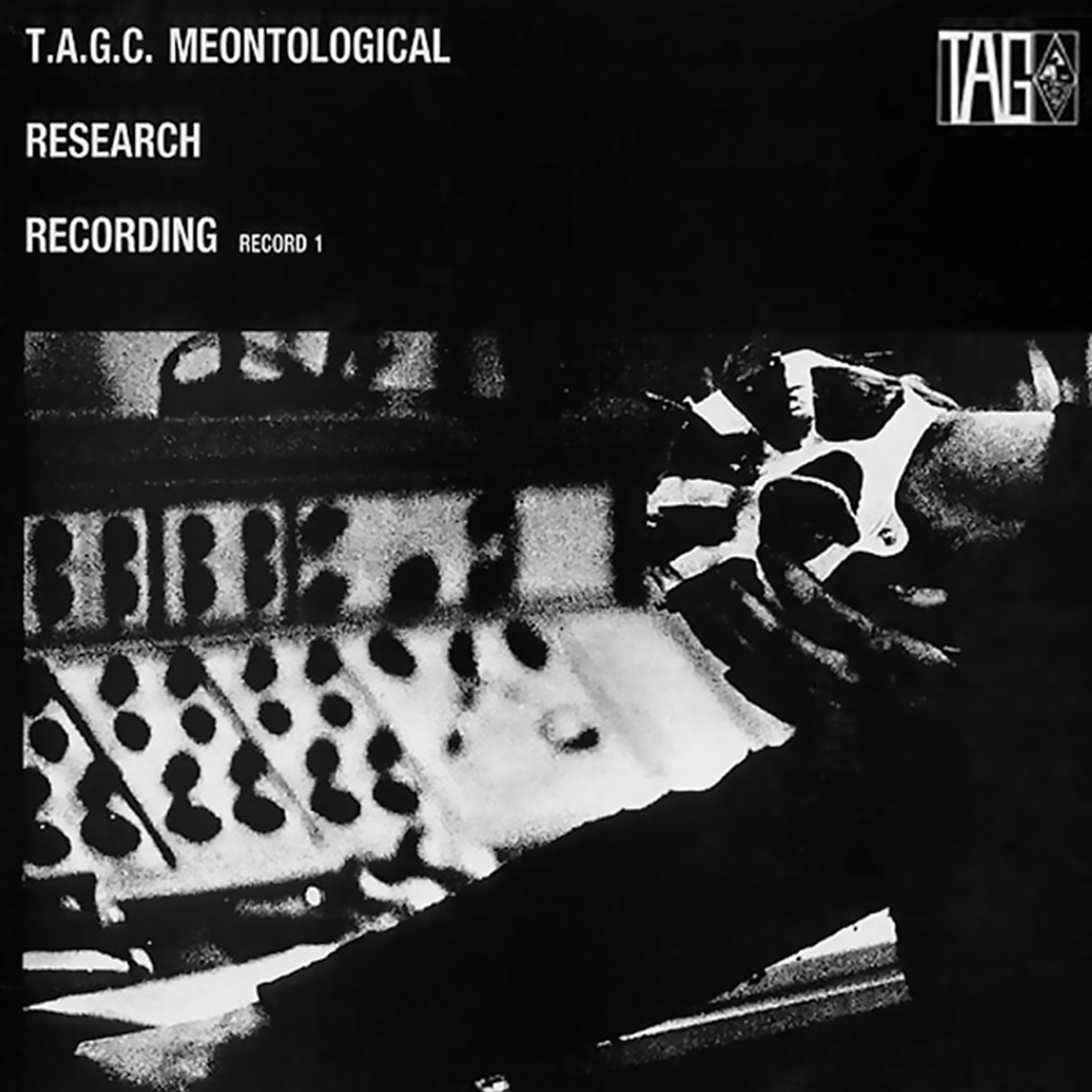
AS CLOCK DVA
• White Souls In Black Suits – Industrial Records 1980
• Thirst – Fetish 1981
• Advantage – Polydor 1983
• Buried Dreams – Interfisch 1989
• Man-Amplified – Contempo 1991
• Digital Soundtracks – Contempo 1992
• Black Words On White Paper Book & CD – Contempo 1992
• Sign – Contempo 1993
• CLOCK 2 USB – Anterior Research 2014
• Post Sign – Anterior Research 2014
• Horology I – 5 lp book/box – VOD 2012
• Horology II – 5 lp book/box – VOD 2015
• Neoteric Box 2 x 12 / 45 – Anterior Research 2019
• Horology III – 5 lp box – VOD 2019
• Horology IV – book 2 X 45 DISCS – VOD 2020
AS TAGC
• The Delivery 1985 – Interfisch
• Sht 1986 – Sweatbox
• Digitaria 1986 – Sweatbox
• Meontological Research Recording 1 – Sweatbox 1987
• Meontological Research Recording 2 – Test Tones – Sweatbox 1988
• Iso Erotic Calibration Anterior Research – MMM 1994
• Burning Water – Anterior Research / Side Effects 1994
• Audiophile – Anterior Research – Side Effects 1994
• Chaos Variations III Anterior Research – Rizofera 2018
• 4 X 12 TAG Anterior Research – Peripheral Minimal 2019
• Organ Needles / Ltd edition Box with USB, 10 Double printed Artwork Cards and Tote Bag 2020
Personal Expressionism
Paintings and Mixed Media (Click images for large preview)
Personal Expressionism
Paintings, Video and Mixed Media
Adi Newton Virtual Interview
Who is your favorite classical composer? Do you have one?
I don’t have a particular one, its more a variety of composers who’s certain works I appreciate, Messiaen, Copland, Claud Debussy, Samuel Barber, Schumann, Ralph Vaughn Williams, Schubert, Beethoven, Mahler, Satie, Webern, Stravinsky. I have also a particular interest in 20th Century Avantgarde composers such as Cage, Stockhausen, Schaeffer, Tudor, La Monte Young, Earle Brown, Charles Dodge, Xenakis, Ligeti, and many others.
When did you start composing electronic music?
Around late 1977 / 78
How did you hear about the 9 Beet Stretch?
Through a Friend and colleague
The world is upside down, how does living in the shade of COVID has impacted your creative work?
Apart from the lockdown on live performance opportunities which has been severe, I don’t think its had any real effect on my creative process or approach, that has not changed as creatively I’m always producing and working on Art in numerous media, so my focus always remains towards the creation of new works.
What projects are you currently working on?
At this time several projects, such as the TAG ‘Organ Needles’ Box which is close to completion and which is a collection of works with collaborations with numerous Artists and friends inc Carl Michael Von Hausswollf, BJ Nilsen, Stephen Thrower, and Dave Knight of Unica Zurn, Michael Esposito, Mykel Boyd, Coagulant, and other Artists. The Box also has a USB with all the Audio plus 6 Film works, 10 Art Postcards, and a Printed Tote Bag. The Meontological Research recording 3 ’Transmission from the trans-Yoggothian Broadcast Station’which is a limited edition Hard Back Bound Book with a USB card and it will also be available as a Paperback edition with a USB Card, the USB contains Audio and Visual works and a live Document of the TAG MEON CUBE PERFORMANCE. Two Solo Album Projects and a specialized TAG project. Plus collaborations on a special project, and further work on new DVA material.
Should electronic music be purely academic (Does an Electronic music artist need to be formally trained in music?)
Speaking for myself I come from a Visual background as a Painter, so I have no formal background in music, my involvement began with my tape experiments inside the Electronic Trio The Future and develop from there. So I think Electronic music is open to both academic and non-academic approaches.
In your opinion, what is the merit of improvisation and experimentation?
Well, improvisation is very important in terms of creating a way of accessing the intuitive aspects of the mind and spirit which leads to new possibilities and creativity. Experimenting is a way of testing ideas or techniques and materializing the results, so it’s very important in development, whether that’s Music, Art, or Science
What do you think as an artist about the juxtaposition-fusion of classical and electronic music?
Music is something we Audition and its also a feeling which is individual, so music/sound is a personal experience and something that changes person to person. There are no boundaries only those that are set by a closed mind. The possibilities must be open.
How do you envision the future of electronic music?
It’s very difficult to predict, but technologies are in many ways focused on advancement in one way or another so this can create new elements. The expression of an Art that connects Human emotion and Transcends it, has always been central to art, I don’t think this changes only the techniques and the Artists, but fundamentally it is the expression of the Individual Artists Psyche and that has remained constant throughout in lesser and larger degrees over many centuries.

